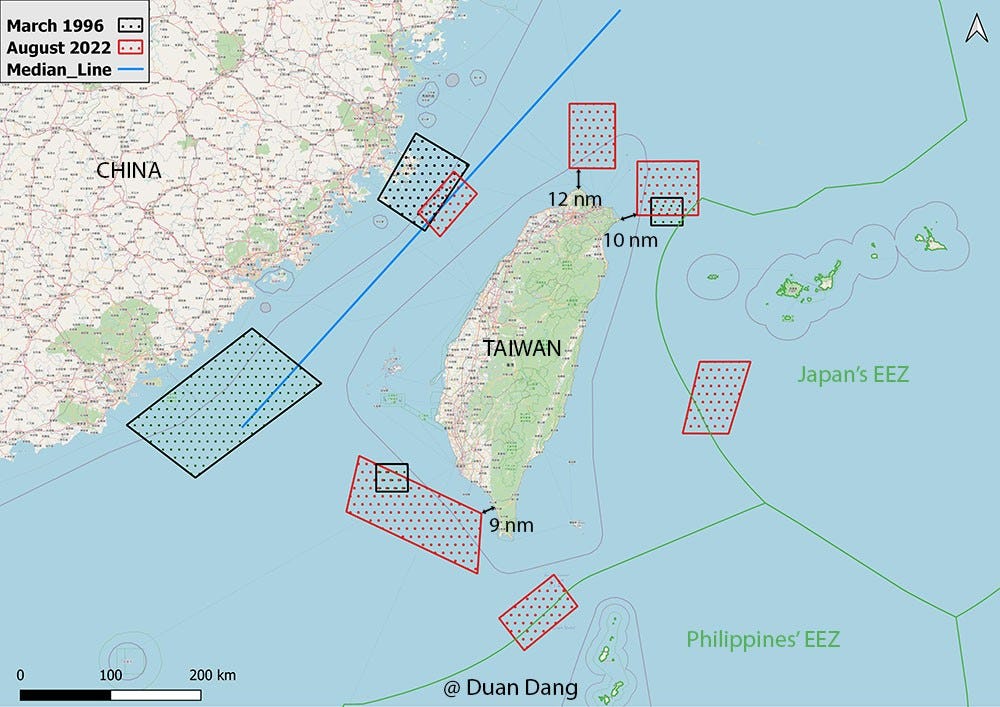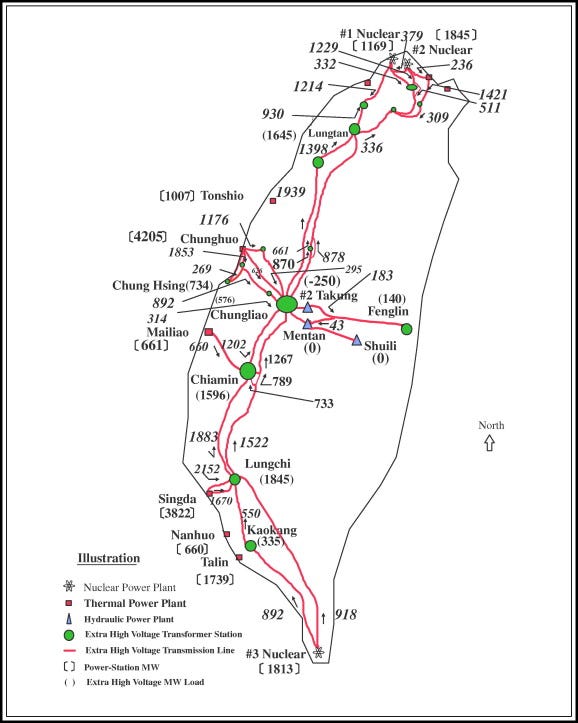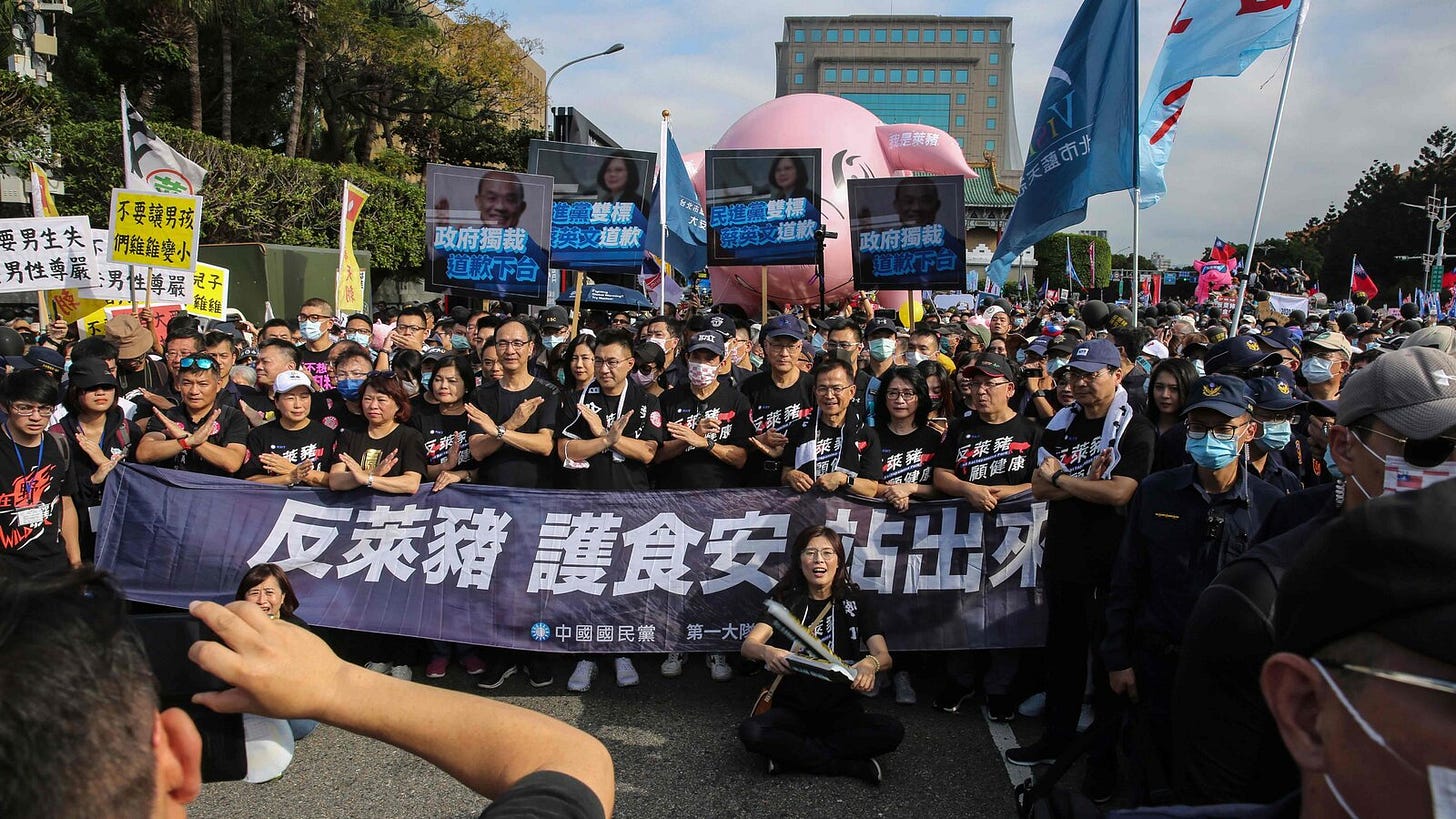March 1, 2027
As I, Tim Cook, gaze out my expansive office window at Apple Park, Cupertino, the world seems to continue as usual. Families are out walking dogs, employees shuffle to meetings, and people laugh and talk over their lunches. But all I can think of is the naval vessels 6,500 miles away, ominously circling Taiwan in a tightening loop, creating a blockade that threatens to turn Apple's supply chain inside out.
The People's Liberation Army Navy (PLAN) started this operation ostensibly to "protect its territorial integrity." The specter of a pro-independence president in Taiwan seems to have triggered this response. As the CEO of Apple, I'm not here to navigate political currents but to ensure that this multinational corporation continues to thrive. Yet, whether I like it or not, my role is becoming increasingly intertwined with these geopolitical events.
Over the first few weeks, we've watched our stock prices rollercoaster as investors grapple with what a long-term blockade could mean for our bottom line. iPhones, iPads, and AirPods rely heavily on Taiwanese semiconductor manufacturing. TSMC, our chief supplier, is caught in the crosshairs of this conflict, and despite their best efforts, their shipments are slowing to a trickle.
As the weeks turn into a month, the situation worsens. The blockade shows no signs of relenting. The once steady stream of semiconductors is now barely a dribble, causing production slowdowns in our factories across the globe. We are forced to eat into our strategic reserve of components, a measure we had hoped to avoid. Our COO is working around the clock to realign supply chains, reaching out to alternative sources like Intel and Samsung, but the scale at which we operate makes it a Herculean task.
Meanwhile, the U.S. government is forced to respond. With a significant economic stake in the region and a commitment to ensuring freedom of navigation, the U.S. imposes stringent economic sanctions on China. Additionally, the U.S. Pacific Fleet has increased patrols in the South China Sea, heightening the tension. These actions, though intended to put pressure on China to cease the blockade, further strain our delicate position.
In response, China doubles down, leveraging its vast domestic market. It threatens to limit the sale of Apple products in mainland China, which would be catastrophic given the size of this market for us. At the same time, they tout their own technology companies, encouraging a surge in home-grown patriotism that sees a rise in competitors like Huawei and Xiaomi.
The chessboard of global politics has Apple pinned on multiple sides. There's the direct supply chain issue arising from the blockade, the potential sanctions from the U.S. for continuing to do business in China, and the possible retaliation from the Chinese government.
As the three-month mark approaches, the company faces a critical crossroads. Diversifying our supply chain, investing more aggressively in domestic manufacturing capabilities, and perhaps even radically redesigning our products to reduce our dependency on certain components are options on the table.
This isn't just a logistics challenge. It's an existential one. The unfolding geopolitical drama underscores a stark reality – the need for tech self-sufficiency and a globally distributed, flexible supply chain. We're not just navigating through a temporary crisis. We're planning for a future where such instances might become the norm rather than the exception.
The world might seem to continue as usual from my office window, but we at Apple know it's anything but. The standard has changed, and we must change with it.
March 1, 2027:
As the CEO of Hon Hai Precision Industry Co., Ltd., more popularly known as Foxconn, I sit in my office in Taipei, not so distantly removed from the tightening ring of naval ships off our coast. Their grim silhouettes against the setting sun constantly remind us of our predicament.
The reactions were swift when news of the Chinese naval blockade first broke. Our stock took an immediate hit, investors fearing the worst for our production capabilities. Being the world's largest electronics contract manufacturer, the blockade's ripple effects were all too immediate.
The initial impact was on our raw materials, particularly those imported from abroad. Though we have several local Taiwanese suppliers, we source key components from other parts of the world, which are now being delayed or stopped altogether by the blockade.
And then there's our largest client, Apple. We assemble a large part of their products in our factories. With the restriction on shipments from TSMC, the production of Apple devices slows, causing backlog and shortfalls.
As the weeks roll into a month, the blockade is starting to suffocate us. The immense strain on our supply chain forces us to seek alternative solutions. We're pushing for expedited shipments via alternative routes and contacting suppliers from other parts of the globe, but the uncertainty is palpable.
The geopolitical landscape has become a fast-moving chess game. The U.S., in an attempt to protect its interests, has levied heavy economic sanctions on China and increased its military presence in the South China Sea. But this only seems to heighten China's resolve as they strengthen their domestic market and enhance home-grown tech enterprises.
Caught between the relentless push and pull of superpowers, Foxconn has to reevaluate its strategies. Our global production footprint, with factories in India, Vietnam, and Brazil, amongst others, offers a lifeline. We begin to reorganize production lines, accelerating plans to diversify assembly operations and reduce our reliance on any single country. But we can not get anything past the blockade easily.
As the CEO, my primary responsibility is to ensure Foxconn's survival and prosperity through this storm. But survival isn't just about weathering this blockade; it's about foreseeing future crises and planning accordingly.
One lesson becomes clear as the third month of the blockade closes – flexibility and adaptability are crucial. We must strengthen our diversification plans, ensuring we can shift production quickly and efficiently in response to world events. We must invest in technology and processes that allow us to adapt our production lines rapidly to changing circumstances.
The view from my window tells a story of resilience. Despite the circling naval vessels, the heart of Taiwan's industry beats strongly. We're not just planning to survive this blockade; we're preparing to come out stronger, ready to face any challenges the future might bring.
March 1, 2027:
My name is Chen, and I am a middle-class citizen living in the heart of Taipei. Looking out my apartment window at the city I've known and loved, I see fear and resilience intermingled. The bustling city life has taken on an air of grim determination as the Chinese naval blockade enters its first month.
I work as a school teacher, and I see the worry in my student's eyes as they ask why their favorite snacks are no longer in the stores or why we're now having blackouts. The blockade has disrupted imports, causing shortages of certain goods. The Taiwanese government has implemented rationing on many items. Basic necessities are prioritized, and each family receives a quota based on size. We're adapting, learning to live with less, and rediscovering old ways of doing things.
As the blockade enters its second month, tensions rise. The Taiwanese government is doing its best to manage the situation, but shortages are unavoidable. Food and energy prices have gone up. Some local industries have taken a hit due to insufficient raw materials. There are protests in the streets, people demanding solutions, action, or even surrender.
But amidst all this, there's a deeper undercurrent of fear - fear of the 'Unseen War.' The People's Liberation Army (PLA) has reportedly intensified its unconventional warfare operations. Cyberattacks have become commonplace, targeting government networks and even causing disruptions to our everyday utilities. There are rumors of disinformation campaigns, fake news designed to cause panic and turn us against our government.
By the third month, the Taiwanese government takes more drastic actions. It enacts emergency laws to conserve resources, putting restrictions on unnecessary power consumption and managing the distribution of critical supplies. Furthermore, they enhance their cybersecurity measures, urging us to verify any alarming information we come across to avoid fear-mongering.
Living under the blockade isn't just about the scarcity of resources; it's the scarcity of peace. The constant fear of escalation, the rampant rumors of an imminent invasion, the stress of not knowing how or when this will end.
But despite the hardships, there is a strong sense of solidarity. Communities have come together, pooling resources and supporting each other. I see it in my students, our neighborhood's unity, and our city's determined spirit. In this shared struggle, we're learning the true meaning of resilience, unity, and hope.
The view from my window might have changed in these last few months, but so have we. The same window that now looks out at a country under siege also looks in at a people who refuse to be defeated. We might not know what the future holds, but we know this - we will face it together.
The view from the President of the United States:
As the President of the United States, this unprecedented crisis in the Taiwan Strait forces me and Congress to make significant economic decisions that will affect not just America's standing in the world but also our domestic economy.
1. Addressing the Tech Supply Chain Issue:
The disruption of the tech supply chain is one of the most pressing issues. Since major U.S. corporations like Apple rely heavily on Taiwan for semiconductors, there's an immediate need to secure alternative supply sources. An emergency meeting with industry leaders and subject matter experts could help identify possible supply chain diversification strategies, including onshoring some of these capabilities and investing in domestic semiconductor manufacturing.
2. Economic Sanctions and Trade Policies:
We must consider imposing economic sanctions on China to pressure them into lifting the blockade. At the same time, we need to prepare for potential retaliation and its impact on U.S. businesses operating in or exporting to China. Congress might need to pass legislation that provides support for these affected businesses.
3. Aid to Taiwan:
While the Chinese blockade prevents direct aid, the U.S. may need to engage the PLAN directly to free the Taiwanese people plunging us into a large-scale conflict with incredible third-order implications for the world
4. Domestic Economic Impact:
The disruption in the supply chain and potential loss of the Chinese market could lead to increased prices or even shortages of certain goods within the U.S. The government might need to develop a strategic plan to mitigate these effects, including economic stimuli or subsidies to affected industries.
5. Cybersecurity Measures:
With the rise of cyber warfare in the conflict, it's crucial to strengthen our domestic cyber defenses. Congress may need to fast-track legislation that increases funding for cybersecurity infrastructure and encourages private-public partnerships in this realm. further increasing the US budget deficit
6. Reassessing U.S.-China Trade Relations:
Given China's actions, a broader reassessment of U.S.-China economic relations is warranted. The U.S. could consider initiating discussions within international bodies like the WTO to hold China accountable.
This crisis is a clear reminder of the intricate interplay of geopolitics and global economies. As the President, my actions need to steer us through these tumultuous waters with the understanding that our decisions will shape the immediate future and the long-term economic and geopolitical landscape.
7. Berlin Airlift Style Resupply:
A bold and comprehensive solution that the President and Congress could consider is indeed a "Berlin Airlift"-style operation to Taiwan. The Berlin Airlift was a massive operation in 1948-1949. Western countries supplied the city of West Berlin with necessities, including food and fuel, entirely by air when the Soviet Union blockaded access routes.
While challenging and fraught with risks, this solution might be necessary under the circumstances, providing Taiwan with essential supplies, demonstrating U.S. resolve, and potentially serving as a powerful symbol of international solidarity against the blockade.










Great Read!
A total and sustained Chinese blockade of Taiwan would set off a series of moves and counter-moves that would lead to a Sino-U.S. war.